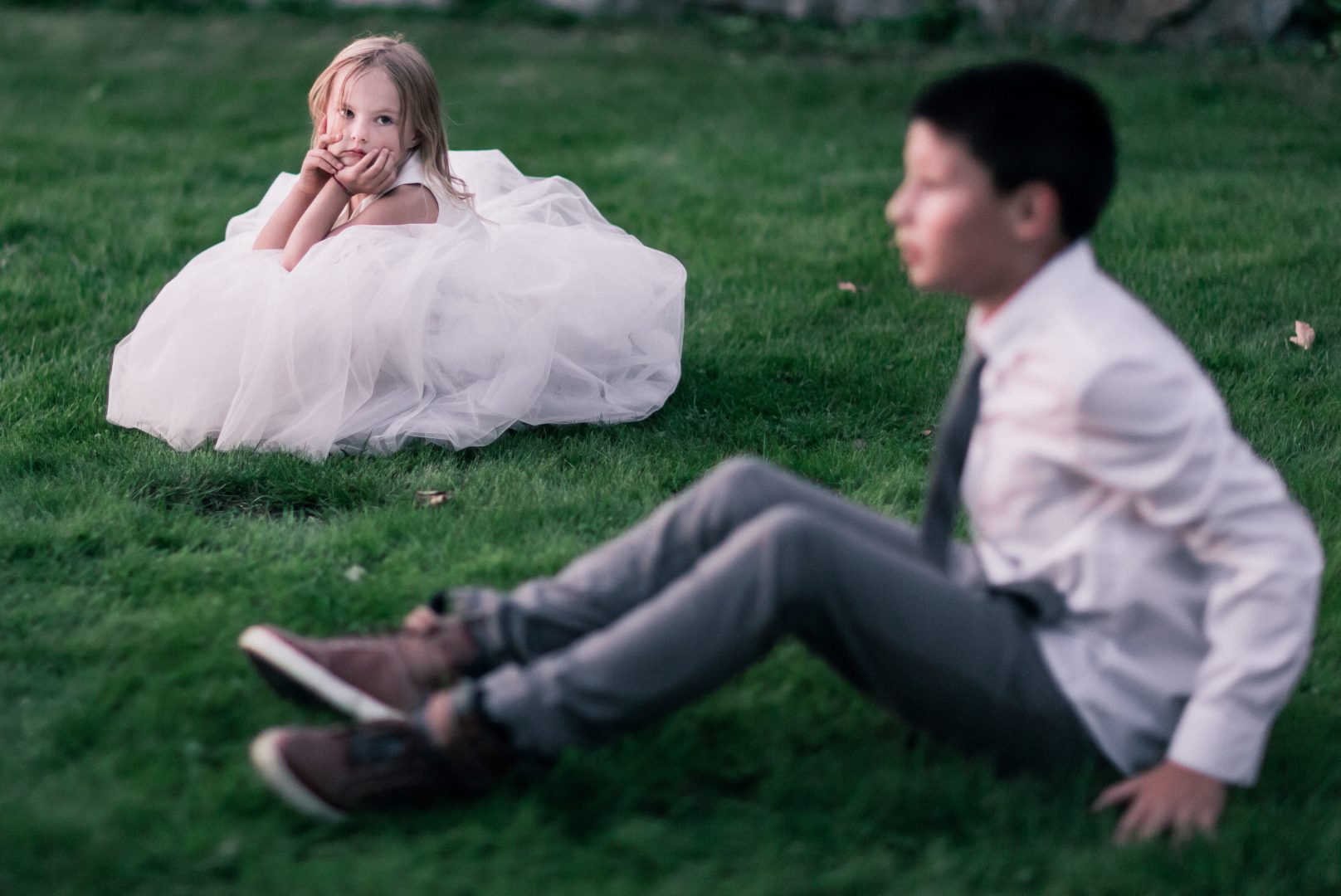Ever worry if your child in the midst of a temper tantrum is teaching their sibling how to double team you with bad behavior? Well, turns out you don’t have anything to worry about.
A Tel Aviv University study found one child’s disruptive behavior doesn’t encourage brothers and sisters to behave similarly. Instead, it showed siblings of disruptive children are likely to learn how NOT to behave.
“The development of disruptive behavior in early childhood is extremely important, as disruptive behavior starts early in life and behavioral patterns may become stable and resistant to influence later on,” said TAU’s Dr. Ella Daniel in a news release posted on the school’s website. “We found that in early childhood, children do not learn from each other how to be disruptive, violent or disobedient. In fact, they are more likely to learn what not to do or how not to behave. The older siblings of young children who are disruptive tend to become less disruptive themselves over time, creating a polarizing effect on their behaviors.”
Researchers had Toronto-area parents in 400 families monitor the disruptive behavior of 916 toddlers and their preschool- and school-aged siblings every 18 months until the youngest child was about 4-and-a-half years old. The study took into account heredity, parenting, social environment and shared history.
“Evidence for sibling training was found,” researchers wrote in the study’s abstract.
Researchers said their findings concluded that older siblings of disruptive children tended to have less disorderly behavior over time. Meaning, parents shouldn’t have to worry about siblings being a “bad influence” on one another.
“Instead, we should be more worried of pigeon-holing: that one child will be labeled as a ‘black sheep,’ and that all children in the family will develop based on pre-assigned roles,” Daniel said. “We should let each child develop his or her individuality, which naturally changes over time.”
TAU researchers said they are now studying whether siblings affect the development of childhood depression and anxiety.




